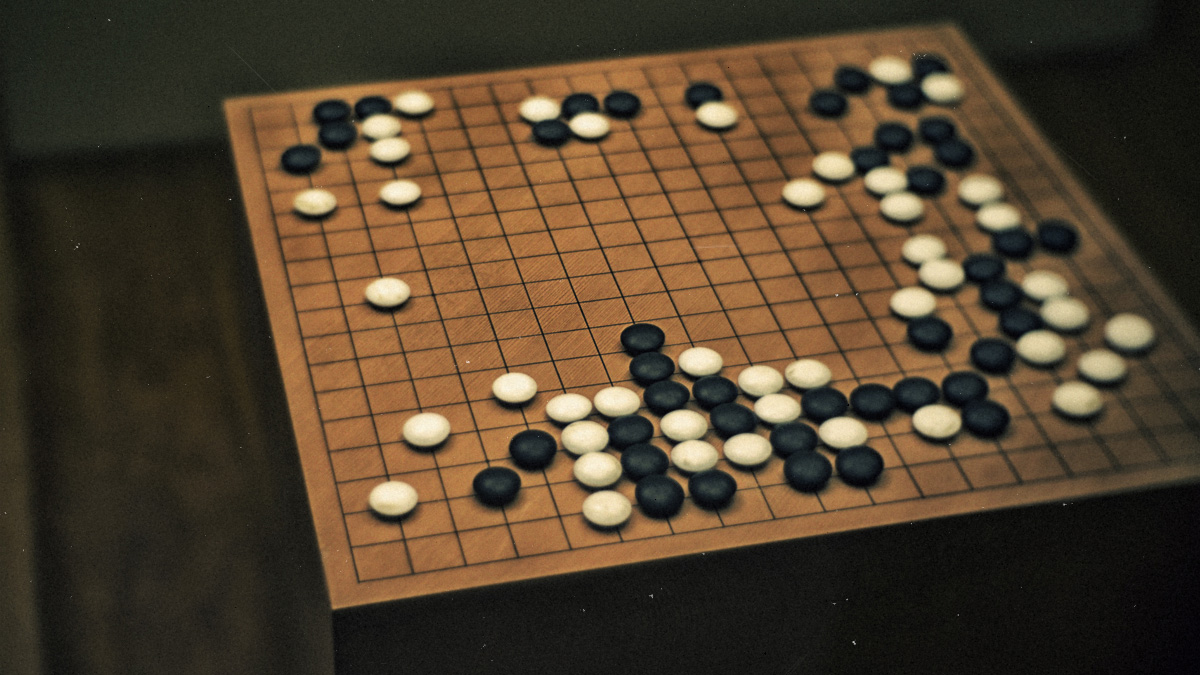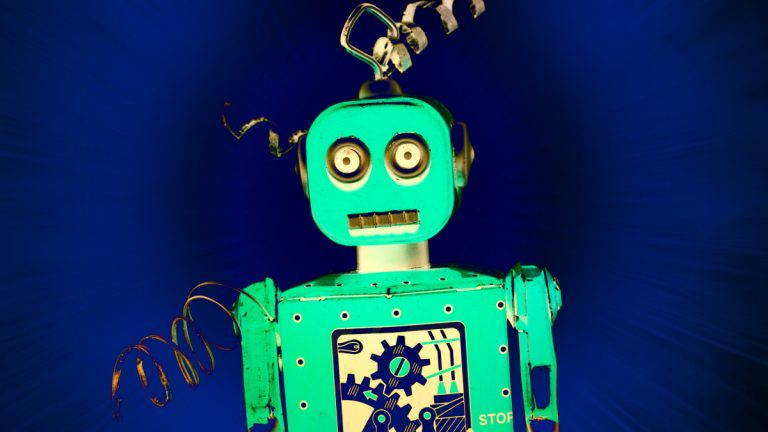A human player has comprehensively defeated a top-ranked AI system at the board game Go, in a surprise reversal of the 2016 computer victory that was seen as a milestone in the rise of artificial intelligence.
Kellin Pelrine, an American player who is one level below the top amateur ranking, beat the machine by taking advantage of a previously unknown flaw that had been identified by another computer. But the head-to-head confrontation in which he won 14 of 15 games was undertaken without direct computer support.
The triumph, which has not previously been reported, highlighted a weakness in the best Go computer programs that is shared by most of today’s widely used AI systems, including the ChatGPT chatbot created by San Francisco-based OpenAI.
The tactics that put a human back on top on the Go board were suggested by a computer program that had probed the AI systems looking for weaknesses. The suggested plan was then ruthlessly delivered by Pelrine.
“It was surprisingly easy for us to exploit this system,” said Adam Gleave, chief executive of FAR AI, the Californian research firm that designed the program. The software played more than 1 million games against KataGo, one of the top Go-playing systems, to find a “blind spot” that a human player could take advantage of, he added.
The winning strategy revealed by the software “is not completely trivial, but it’s not super-difficult” for a human to learn and could be used by an intermediate-level player to beat the machines, said Pelrine. He also used the method to win against another top Go system, Leela Zero.
The decisive victory, albeit with the help of tactics suggested by a computer, comes seven years after AI appeared to have taken an unassailable lead over humans at what is often regarded as the most complex of all board games.

 Loading comments...
Loading comments...
